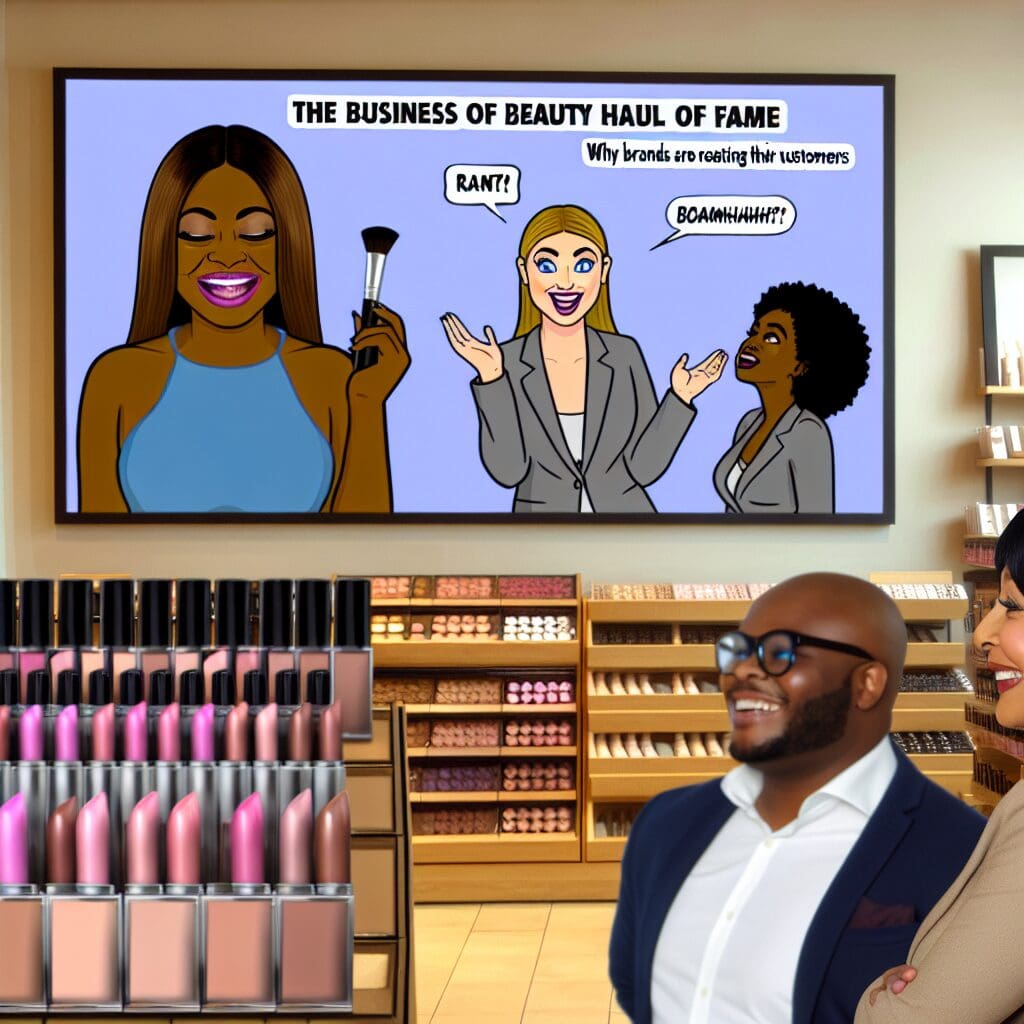The Business of Beauty Haul of Fame: Why Brands Are Roasting Their Customers
In a surprising twist in the beauty industry, brands are shifting their strategies by addressing customer flaws with a touch of humor. This trend acknowledges a truth that skincare brands have long skirted around: the products often function to make us look better because, without them, we might feel we look worse.
Kiehl’s, for example, has partnered with the meme generator Fake Rothko, which takes a satirical approach to current luxury trends. This collaboration playfully highlights how some products are marketed as essential for flawless skin, while underlying the absurdities of status symbols. Their use of “starter packs” on social media, showcasing products with tongue-in-cheek commentary, is designed to resonate with a younger audience increasingly skeptical of the beauty narrative.
Brandon, the creator behind Fake Rothko, explains that such collaborations shouldn’t solely aim for immediate sales; they should engage consumers in a larger cultural conversation. This humorous approach not only broadens audience reach but also reinforces brand recognition. In an increasingly competitive marketplace, connecting through laughter may prove to be a compelling pathway to customer loyalty.
Moreover, analytics show that even those who may not align with the luxury lifestyles depicted in these memes remain engaged with the associated products. This suggests that humor can serve as an effective tool for brands to navigate the delicate balance between aspiration and reality in their marketing strategies.
As we witness this evolution, it’s clear that the future of beauty branding may lie in the power of humor, cultivating relationships built on honest dialogue rather than unattainable perfection.












